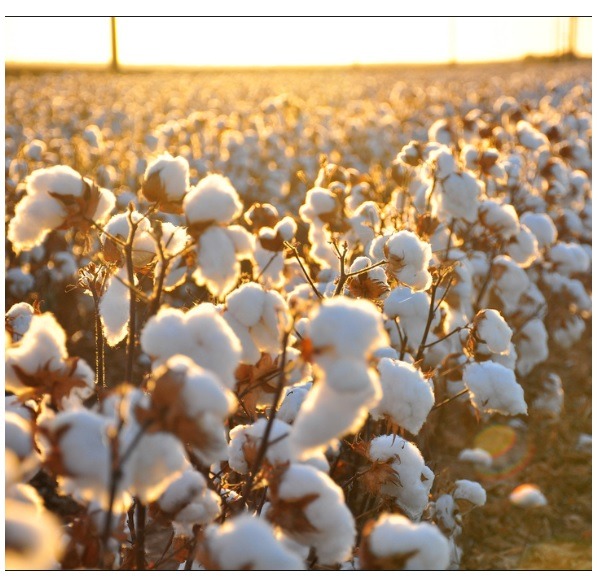Today, India is another major producer with a focus on organic growing and manufacturing methods. The shift to organic is a major component towards sustainable fabrics in an industry well-renowned for polluting the planet. But why is organic any different than conventional cotton? Does it really matter if you put out the extra bucks for GOTS-certified goods? Yes. It does. Here are a few reasons that organic cotton is better for the environment than conventional cotton.
Cuts Out The Cocktail of Pesticides, Insecticides, and Other Chemicals
Cotton propagates a new crop in 4-6 months so there is a seemingly endless supply for use in common products like clothing, sheets, towels, tampons, and cotton balls. This is where the problem comes in. In short, all major processing stages along the cotton value chain from growing to transporting to dyeing, bleaching and finishing use large amounts of chemicals of various toxicity and hazardousness.
Traditional cotton is an extremely pesticide-heavy crop. The statistic you will find all over the web is that although it is only grown on 2.5% of the world’s agricultural land, it consumes up to one-quarter of all the insecticides and 6.8% of all herbicides used worldwide. It requires about 1/3-pound of pesticides for a single t-shirt. Let me do the math for you.That means an entire pound of pesticides travels through the ecosystem to produce just three shirts.
It may not seem like a big deal to have some pesticides on a single product like cotton, but this issue runs down river–literally. The water pollution is so bad that scientists have even found pesticides in the rain. Yep, that means it’s literally raining chemicals everywhere–on us, on our organic gardens, and into our drinking water. They were recently even found in organic baby foods due to unavoidable environmental pollution. Then there’s the fact that nobody really wants to snuggle up to chemicals, especially those increasingly being pointed at as cancer-causing.
Organic cotton, by definition does not use pesticides, insecticides, or harmful dyes in the growing or manufacturing processes.
Water Savings
Growing and manufacturing cotton requires huge amounts of water, which works out to 290 gallons for one t-shirt and over 1100 gallons for a pair of jeans. While it’s true that organic cotton does not offer huge water savings over the conventional style, because of reduced soil degradation and other organic practices the high-carbon soil is in better health, which requires less water consumption.
Reduces Soil Degradation
Remember back in middle school when you learned about crop rotation? The natives and first settlers quickly realized the benefits to the soil and crop production by rotating the types of crops grown in the same area. In modern farming, this little tidbit seems to have gotten looked over, as most conventional cotton production is repeated year after year in the same fields. This strips nutrients from the soil. Plus, the harvesting equipment used in conventional farming compresses the soil, adding to its depletion.
 Organic farming, on the other hand, focuses on sustainable practices like crop rotation that amend the soil and reduce degradation. Organic cotton relies on hand-picking which eliminates the need for weed killers, effectively reduces the need for large machinery, and propagates healthy soil.
Organic farming, on the other hand, focuses on sustainable practices like crop rotation that amend the soil and reduce degradation. Organic cotton relies on hand-picking which eliminates the need for weed killers, effectively reduces the need for large machinery, and propagates healthy soil.
Healthier Workers
Mass production of cotton in many parts of the world outside the U.S, primarily India, means that tens of thousands of workers are growing, harvesting, and manufacturing the cotton fabrics that we then use in the U.S. With unenforced labor laws comes child labor, low wages, direct exposure to deadly chemicals, long work days, and other poor conditions.
While the practice of organic farming alone doesn’t eliminate all of these issues, it does protect against exposure to pesticides, herbicides, and toxic dyes.  Plus, most companies we promote look beyond just finding organic cotton and also participate in fair-trade practices, which means workers have a cap on hours worked, fair pay, vacation time, and a voice about their jobs.
Plus, most companies we promote look beyond just finding organic cotton and also participate in fair-trade practices, which means workers have a cap on hours worked, fair pay, vacation time, and a voice about their jobs.
More Durable
Because organic cotton is produced without harsh chemicals like Chlorine that break down the fibers, organic cotton is often stronger than conventional cotton. This higher-quality product means the same shirt can serve you for decades rather than wearing out after a few uses. Buying less clothing means less waste going back into the waste stream. Since the fashion industry regularly ranks in the top three waste industries, it’s important to help where we can.
The Other Cotton
In addition to organic cotton, another industry effort to reduce waste comes in the form of recycled cotton. It’s pretty much exactly what you would expect. Rather than relying on more fresh cotton from the fields, manufacturers are repurposing post-consumer cotton or using the production-room scraps that would have headed to the landfill. This greatly reduces the amount of water and electricity required for the same amount of cotton.
While the cotton industry has grown into a major polluter of the environment, many businesses are actively seeking ways to continue making the products we desire while minimizing the detrimental impact. Look for organic, recycled, and alternative materials and put your purchasing dollars to work in helping to minimize the impact the textile industry has on our planet.




Recent Comments